Copyright holders frequently refer to copyright infringement as theft. In copyright law, infringement does not refer to theft of physical objects that take away the owner’s possession, but an instance where a person exercises one of the exclusive rights of the copyright holder without authorization. Courts have distinguished between copyright infringement and theft. For instance, the United States Supreme Court held in Dowling v. United States (1985) that bootleg phonorecords did not constitute stolen property. Instead, “interference with copyright does not easily equate with theft, conversion, or fraud. The Copyright Act even employs a separate term of art to define one who misappropriates a copyright
Read more
